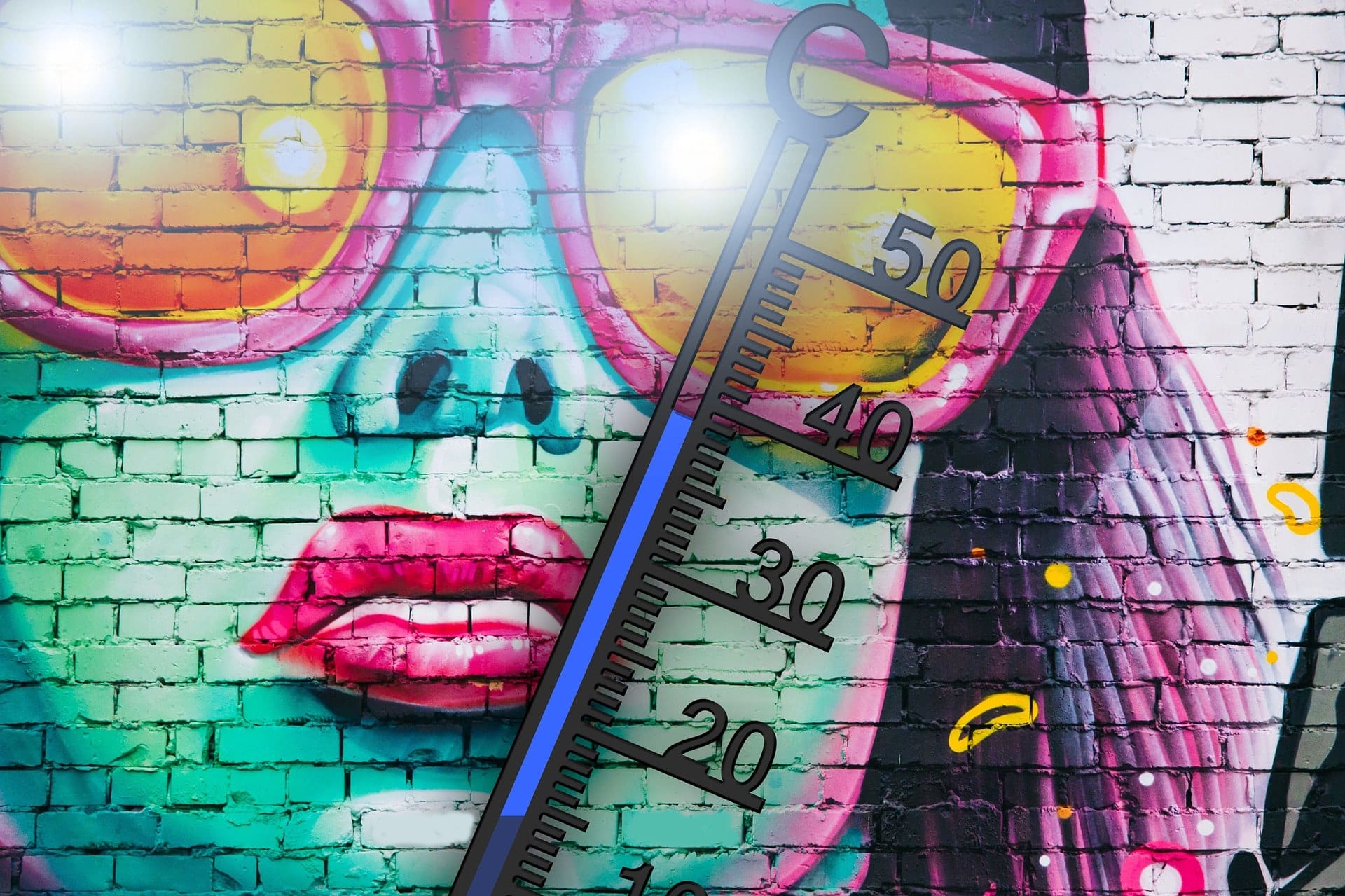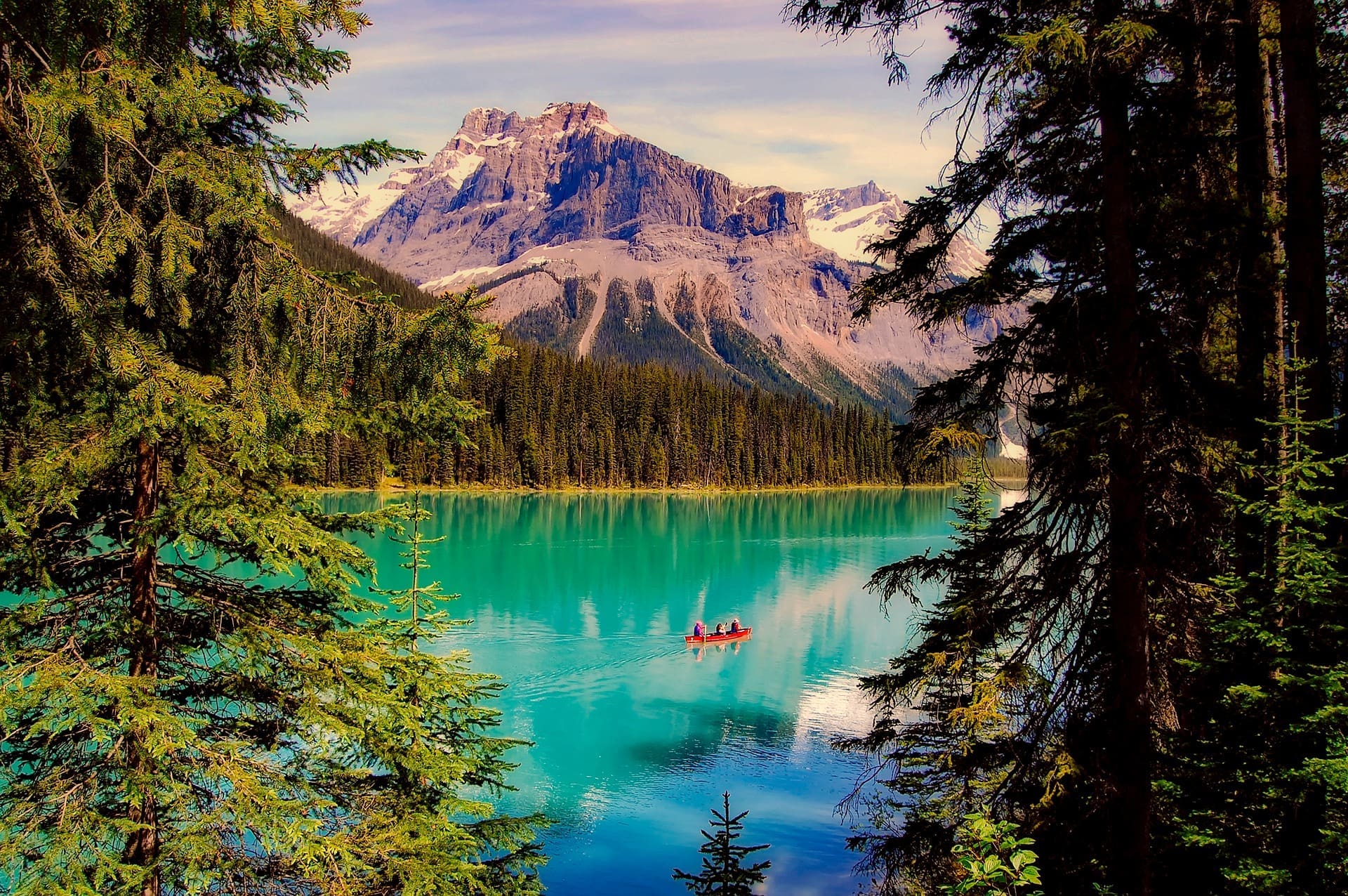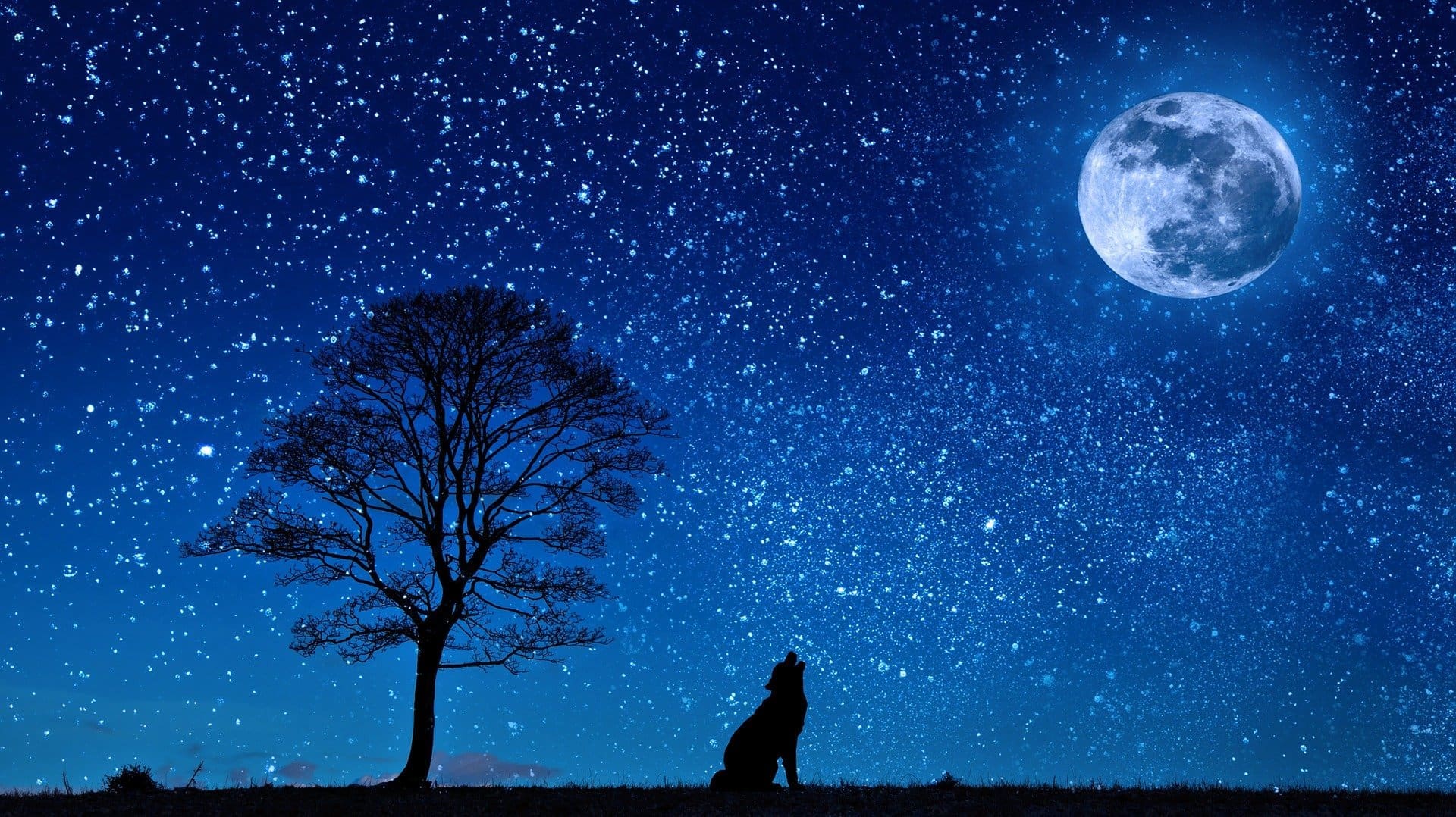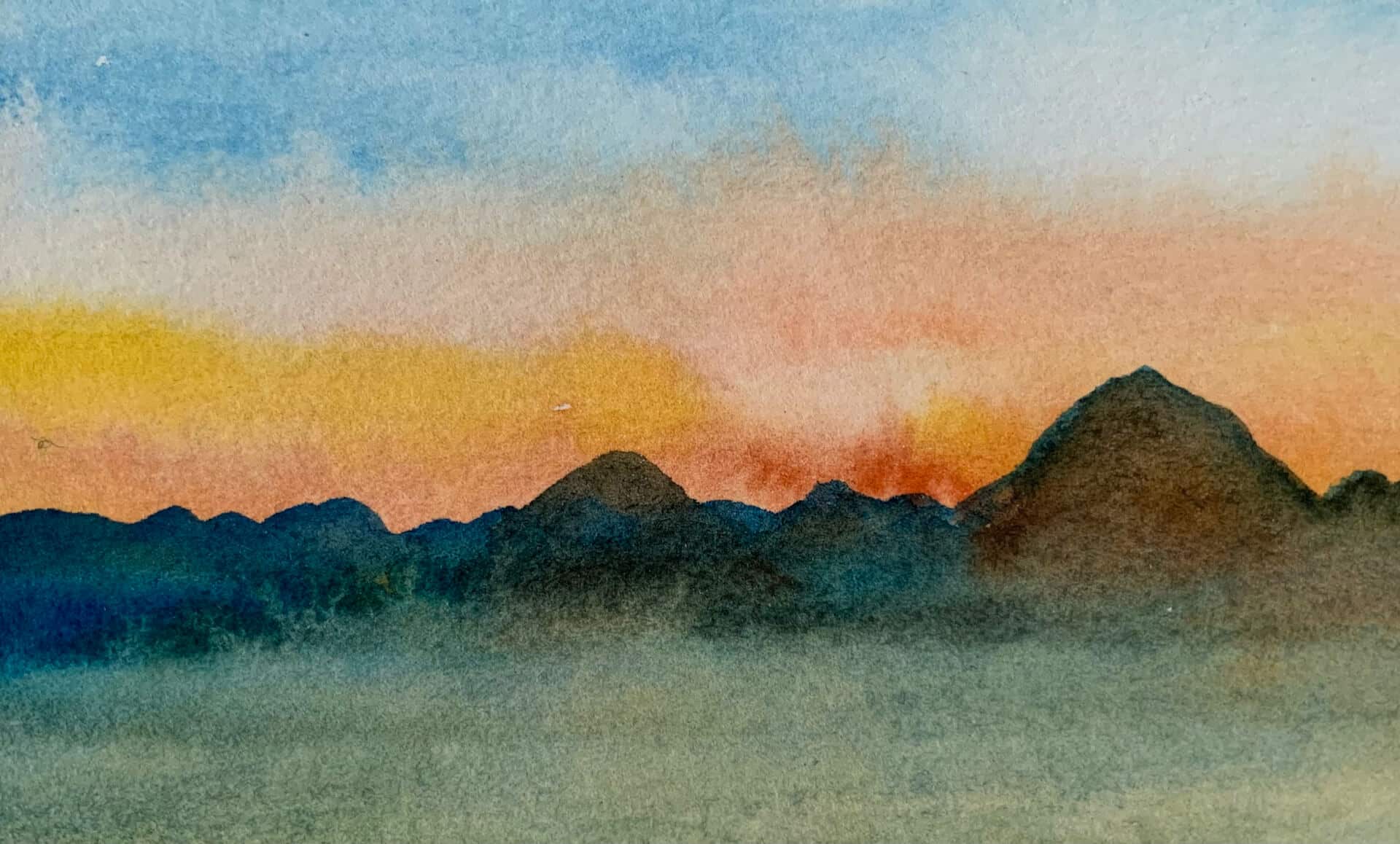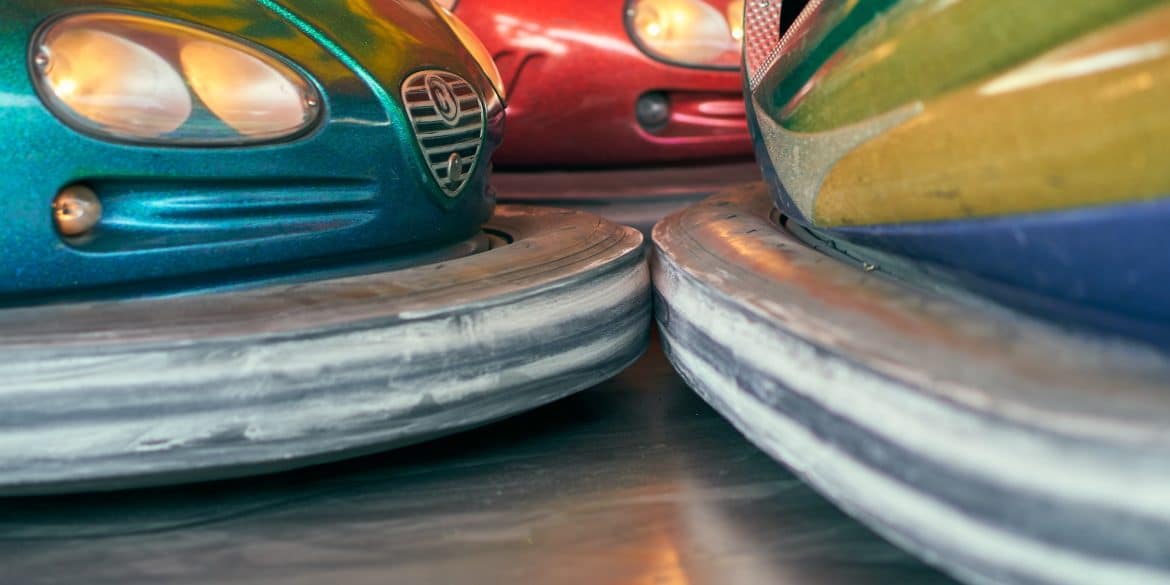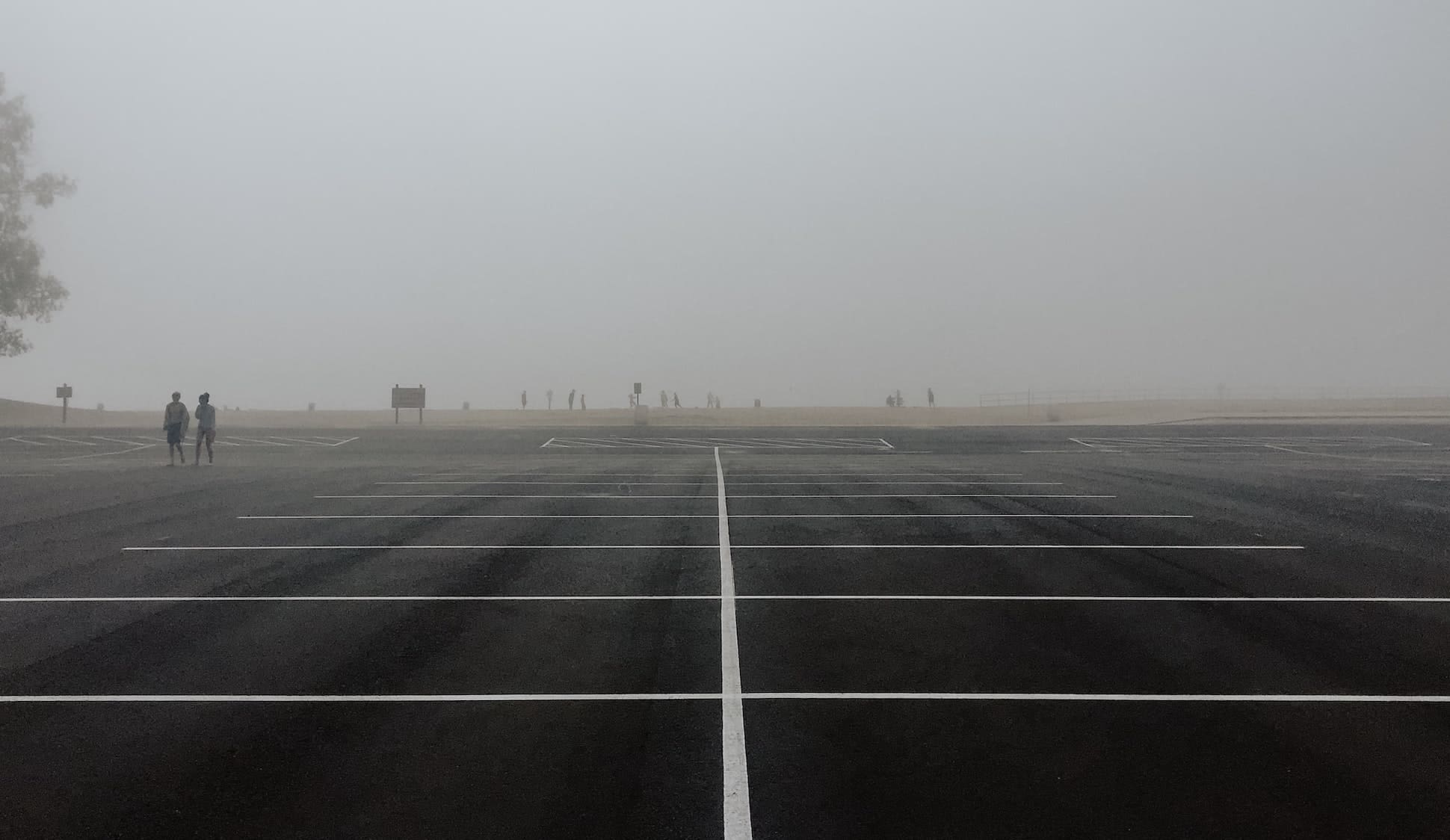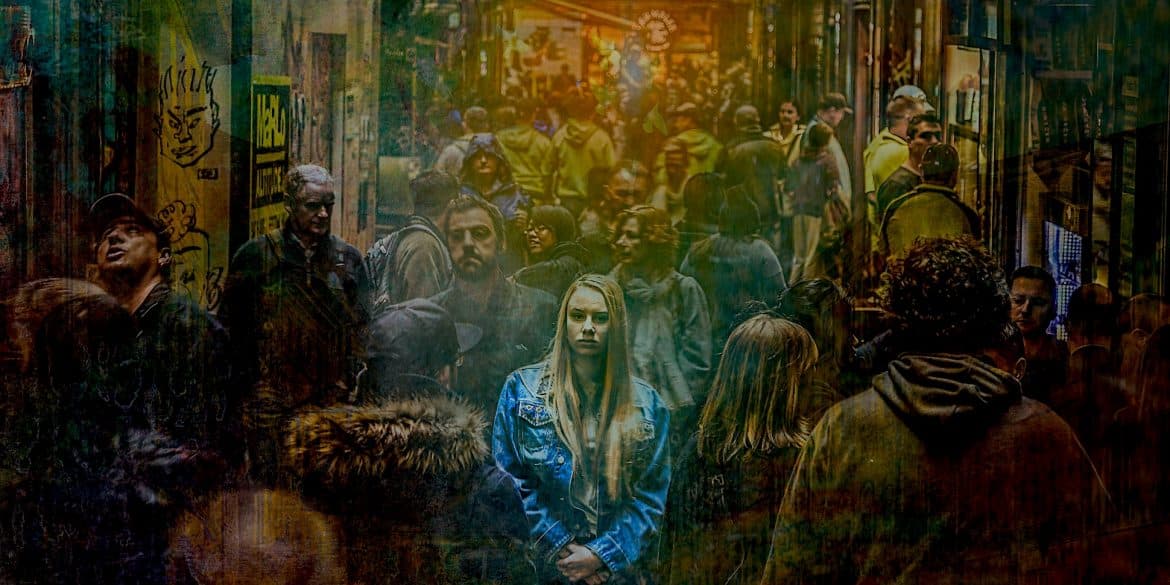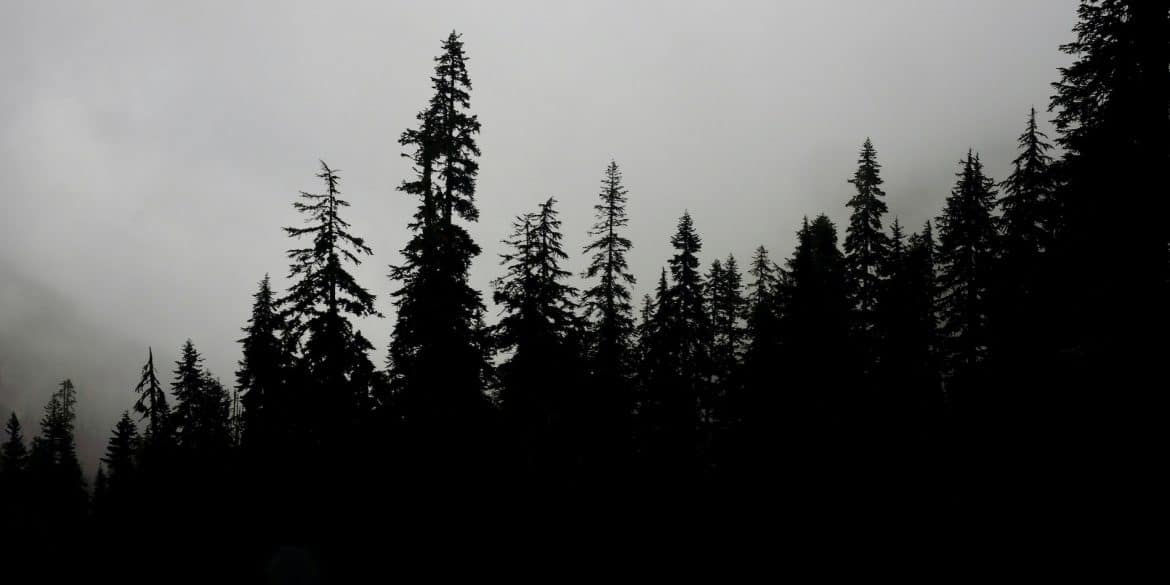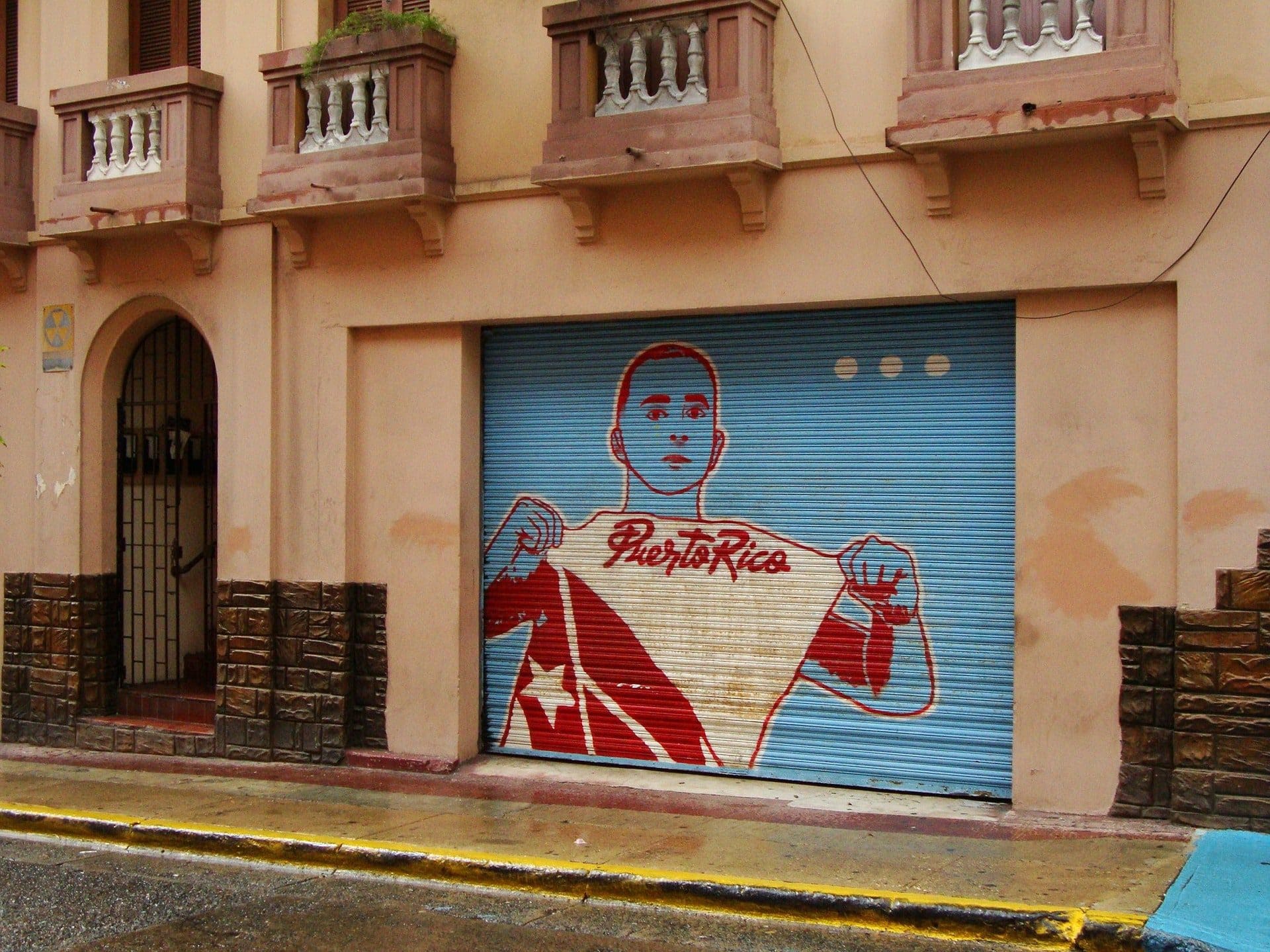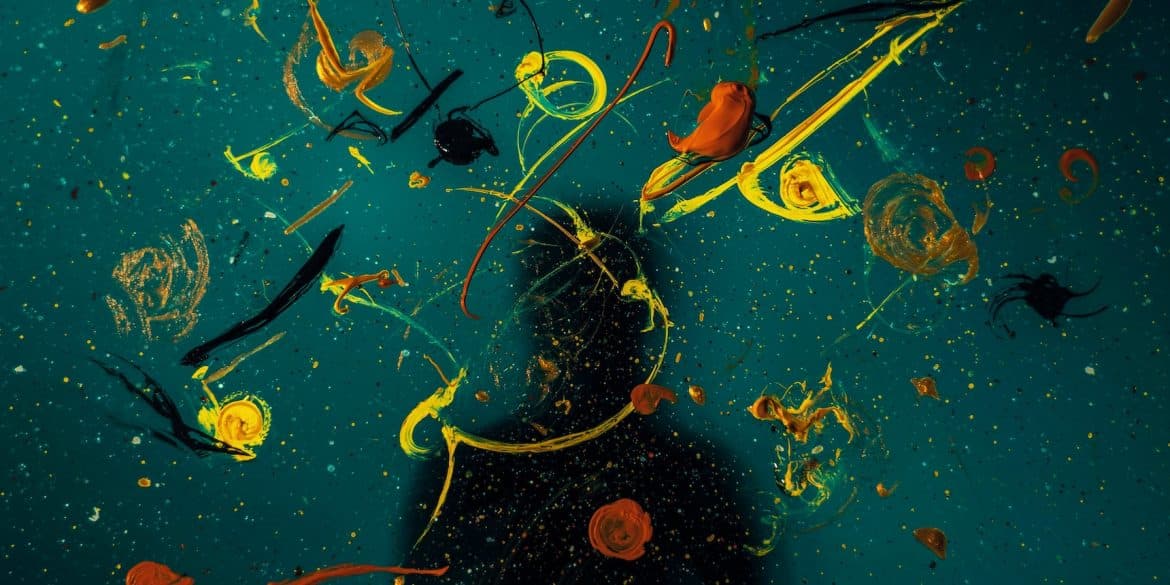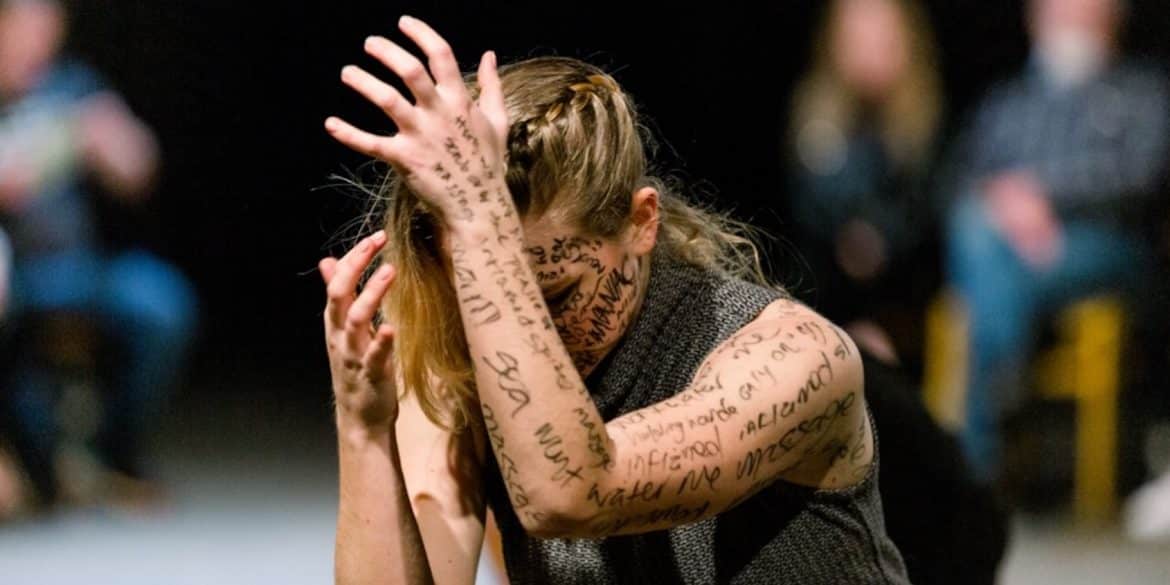"The following autoethnographic poetry represents the experience of being a casual academic negotiating the workspace."
"I tend to take every loss of rainforest personally. My autoethnographic poetry 'The Threat' and 'John Doe' are reflective of this."
"This poem is rumination on how the personal experience of volunteering in never-before-seen flood relief efforts in the remote north reinforces the research that 'many of the changes observed in the climate are unprecedented in thousands, if not hundreds of thousands of years.'"
"I have continued to explore the usefulness of various poetic forms as a mechanism for providing access to suppressed internal voices."
Vivian Wagner·
All ContentAutoethnographic Art & MultimediaAutoethnographic PoetryClimate Change Special Issue, 2022Special Issues
··8 min read“We noticed signs of climate change and felt a sense of impending doom, even as we witnessed how human beings across the continent are trying to keep alive a sense of culture, art, and kindness.”
“My ability to be creatively vulnerable with my mental illness as well as the experiences which contributed to it will serve as a method of self-healing.”
"This autoethnographic poem is a question about the power of autoethnography in the face of the climate crisis. It is an expression of my dark fears, my depression that keeps me away from writing."
Ulla-Maija Matikainen·
All ContentAutoethnographic Literary FictionAutoethnographic PoetryAutoethnographic WritingVolume 2, Issue 1 (2022)
··12 min read"A woman alone doesn’t belong to any male power or protection sphere. She can be kidnapped into fears and dreams."
"It is in finding these solutions, the tape and the glue that holds us all together, that we find the beauty of who we are as people."
"Everybody is a poet in the sense that everyone was/is making do—and making magic—with what they had/have."
"Once I have the first line or two, the rest of the poem seems to flow rather easily. I write whatever comes to mind. Somewhat like a story rather than a poem. I then start to take out the excess words and phrases and pare it down to the essence of what I wish to say. Other times I do not change a word. The muses come and go on their own. I also believe poetry has chosen me."
"I called out the demons one by one. I named them. I gave them precise blocking and ultimately, I controlled where they stood, breathed, and bourréed. I gave them an entrance, and a stage, and then I sent them away."



